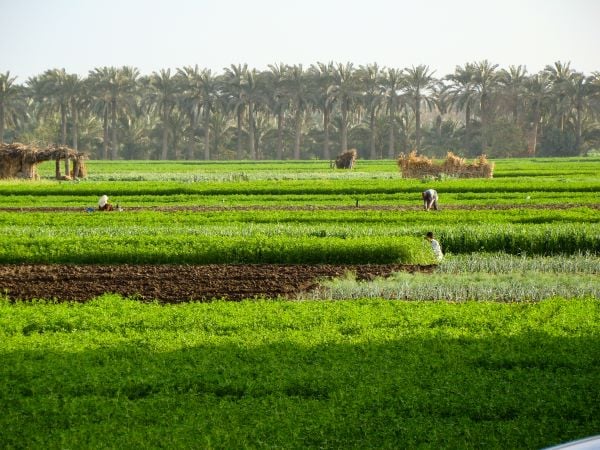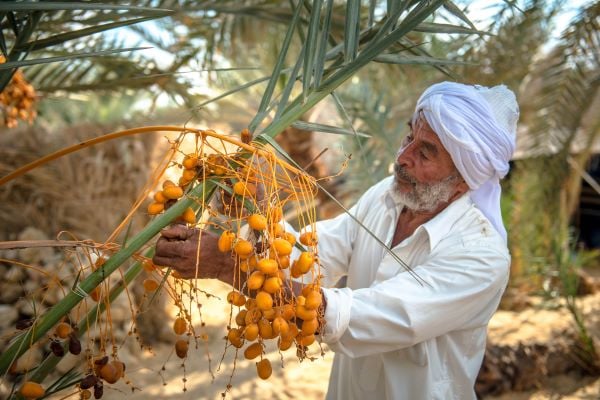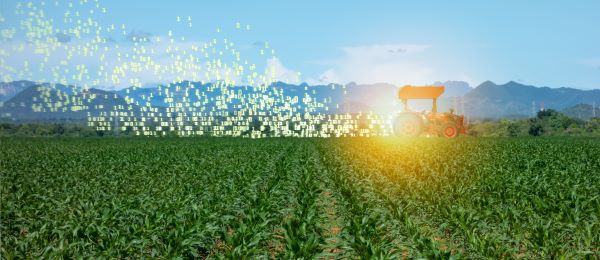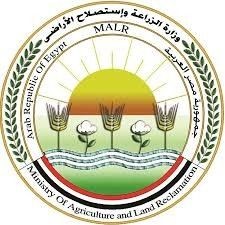THE TRANSFORMING NILE BASIN:
EGYPT’S AGRICULTURAL LANDSCAPE IS CHANGING
Egypt’s agricultural history and heritage stretches back millennia. From ancient to modern Egypt, farming was at the core of food production, trade, and industry. But that does not mean it has not changed. Today, Egypt’s agricultural landscape is changing because of climate, economy, and population increases, making it a prime market.
Agriculture is a key sector in the Egyptian economy. In 2021, it contributed 11.83% of the country's gross domestic product (GDP) and accounted for 28% of total employment. The ever-growing population in Egypt means that demand for produce will always increase, making crop protection a necessity. The crop protection chemicals market is growing at a compound annual growth rate (CAGR) of 6.5%.

While climate change is a global issue, Egypt is facing an additional challenge in the form of water scarcity, which might force farmers to change the ways they normally use water. Farmers are moving away from traditional farming methods they’ve grown accustomed to, such as flood irrigation, and instead relying on modern methods like drip irrigation, hydroponics, and vertical farming, as they are more water-efficient farming techniques.
Across Northern Egypt, a similar challenge is present with a focus on upgrading rainfed agriculture to combat the lower levels of annual precipitation, from introducing new water conservation practices for improving rainwater management to reducing runoff water to switching to more drought-resistant crop varieties, farmers will be experimenting with a combination of all options to find the most suitable one for their fields.
Additionally, seed selection will be more critical than ever, not just to deal with drought, but also to select varieties that are more resilient to diseases and pests. A company that is able to offer seeds that produce crops that do not fail and that have high yields will be in high demand in the Egyptian market.
Egypt’s agriculture sector is still dominated by small farms using traditional practices. Providing services and products that help farmers meet higher international standards is currently in demand.

Finally, we are seeing huge interest in digital solutions that can help farmers become more successful. Local startups are constantly popping up, offering a diverse range of services and products. There are apps and websites that provide innovative solutions that can help manage farms, forecast weather for more precise decisions, manage irrigation systems, as well as predict and prevent outbreaks of disease in crops.
There are also more portals and tools at the industry’s disposal for becoming more profitable and helping producers and businesses connect and collaborate. Finding the best provider of a service or product is becoming easier. We expect that more and more farmers will be making use of these tools to improve both the business and operational sides of farming. This will also help more companies enter the Egyptian market with a clearer vision of what is happening on the ground.



